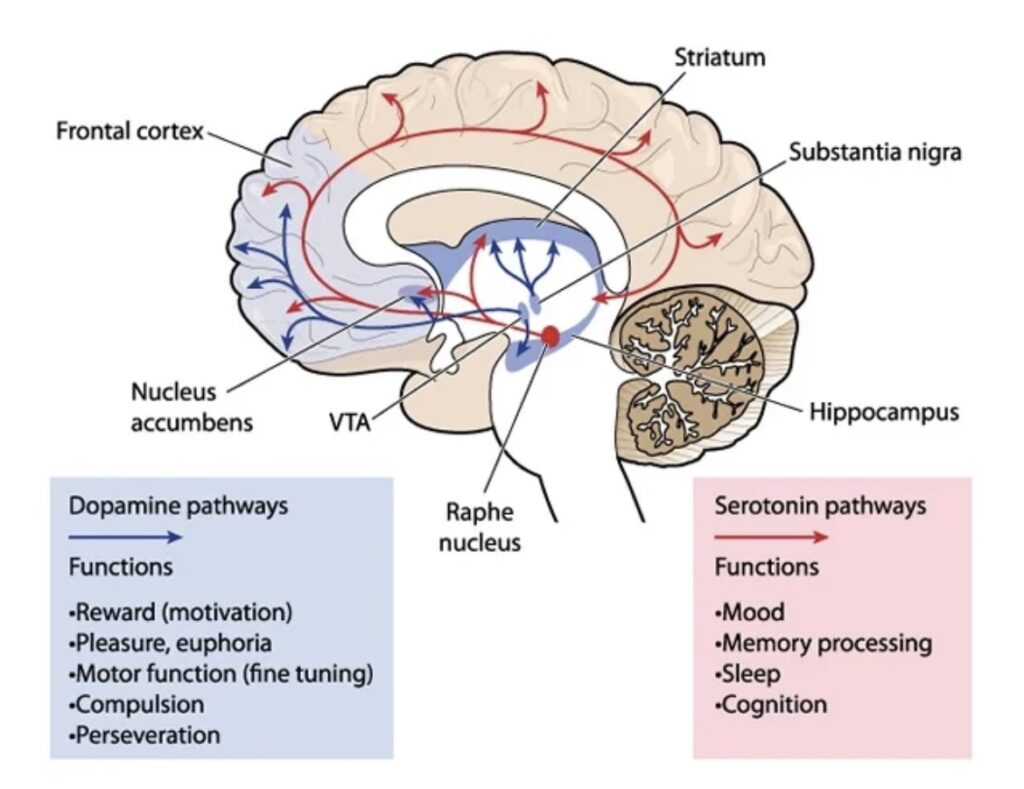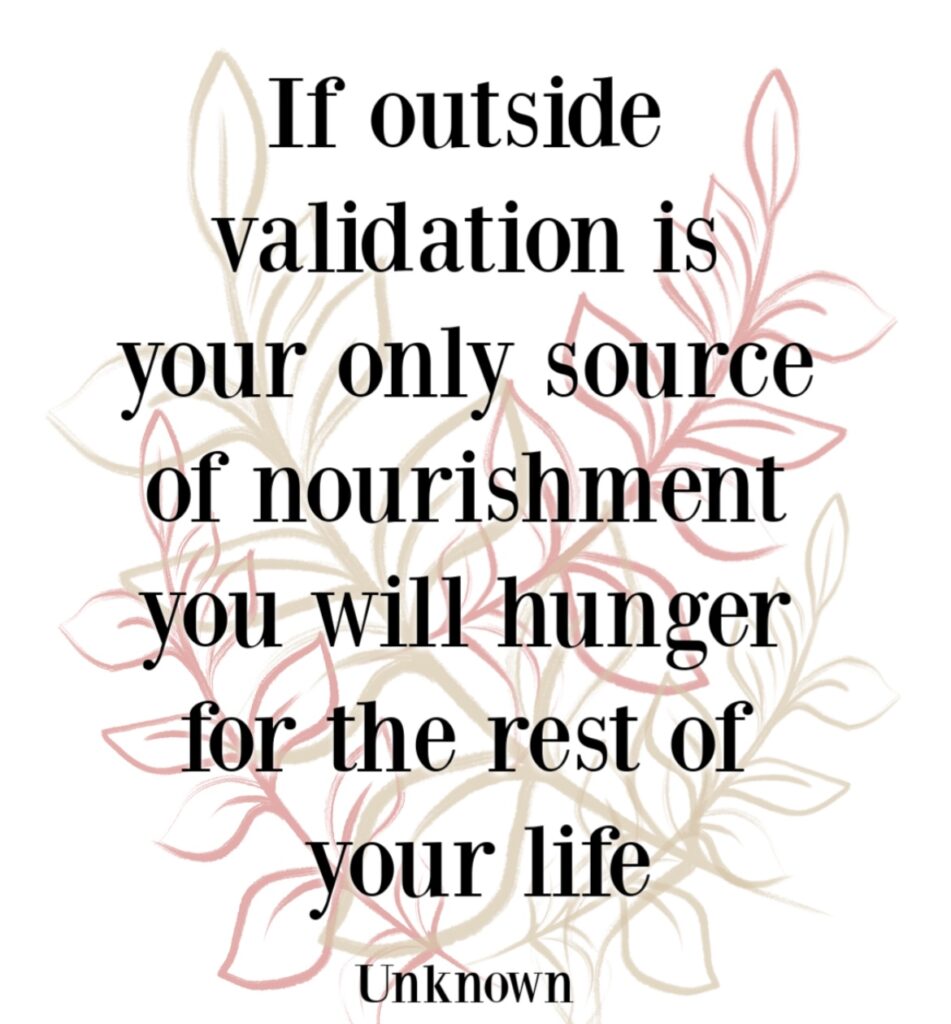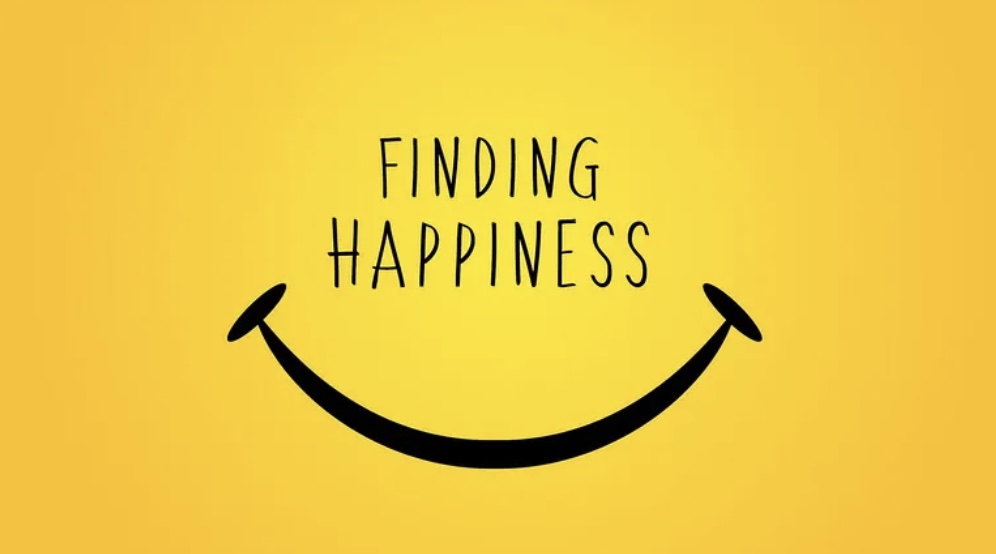The Endless Search for Meaning

I’ve run a lot, asked many questions, and received many answers. Now, I understand why things are the way they are, and it seems they will always remain this way. It feels like I have taken a full tour of the universe on a quest to discover who we are and why we exist, only to understand why everyone returns empty-handed from their search for answers.
Different Paths to Happiness

Doesn’t the heart wish to always remain happy and at peace? This desire drives everyone to embark on their own journey. Some seek happiness through work and money, while others look for it in love. Some are enamored with power, while others think they might find joy by renouncing worldly attachments.
The Science of Happiness and Contentment
According to neurologists, happiness is achieved through different aspects of brain wiring and its various parts. They say that activities like watching a movie, eating your favourite food, or engaging in instant short-term pleasures provide brief moments of joy.
The Cycle of Goals and Dopamine’s Influence

On the other hand, when we activate our prefrontal cortex—planning where we’ll be five years from now and staying engaged in that journey, progressing toward goals—this leads to a sense of contentment. But once a goal is achieved, won’t new ones arise, and does this satisfaction ever truly end?
Human brain evolution differs in that it quickly tires of repetition, whether it’s doing the same push-ups for a month or working the same job for five years. The brain seeks more challenges, continuously stretching itself without an end. The issue isn’t in seeking out these mental stretches, but in balancing life, which becomes challenging. If you study dopamine mechanics, you’ll understand how this single chemical alone can prevent you from settling down. If you want to dig deeper into dopamine mechanics, I highly recommend please go through the book, “Dopamine Nation” by Anna Lembke. In any case, the complexity of the brain mirrors the complexity of the world and the people in it. Meanwhile, you miss out on the present moments.
The Myth of Living in the Present

However, living solely in the present moment is often considered a myth. When the present moment is filled with happiness, we naturally embrace it. However, when negative or worrisome thoughts arise, we tend to view the present more cynically. Imagine enjoying a serene mountain view; it’s easy to think life couldn’t get better in that moment. But once you return to daily life and its responsibilities, your mind often seeks to escape the present realities, especially when challenges arise. Many people try to escape uncomfortable moments. For instance, some might lie about attending meetings when they’re actually out having drinks with friends. This illustrates that the present isn’t always satisfying. Just as our thoughts traverse the past, present, and future, the present reality can also become unbearable at times.
The Fleeting Nature of Happiness

You might wonder where happiness truly resides. From what I gather, happiness is fleeting, found in moments. It is temporary and also rooted in understanding both the universe and our human brains. Some claim we can conquer our minds, but truly, while we can guide our focus to some extent, we can’t fully escape the brain’s chemical reactions triggered by a cascade of thoughts—both positive and negative.
The Limits of Mental Practices for Lasting Calm

Practices like yoga and meditation are recommended for mental tranquility, but do they keep our minds calm for an entire day? Generally, the answer is no.
The Pursuit of Stimulation and its Consequences

The reality of the mind is that if you push its limits, it craves more stimulation. You may seek continual thrills for those dopamine highs, only to look back one day and realise life slipped by, like sand through your fingers. This often leads to feelings of regret about missed opportunities for fun and fulfilment.
Please don’t take me wrong, thinking that we don’t need dopamine to achieve anything in life. Of course, we need to keep working on the prefrontal cortex, where dopamine helps us focus, stay motivated, and achieve our goals. However, living solely in this part of the brain can cause us to neglect other important aspects, such as human relationships and health. It’s a delicate balance in coordinating with our brain. One should know when to push and pull dopamine.
The Importance of Self-Improvement Over External Approval

Life is indeed a delicate balance between experiencing the present moment and taking care of our future selves. Engaging in activities that stimulate the brain, such as reading, solving puzzles, or playing chess, can help maintain cognitive health and potentially ward off issues like dementia. These activities not only challenge the mind but also offer a way to be present without the need for external validation.
It’s crucial to stretch your brain at a pace that suits you, focusing on self-improvement rather than public image. The key is to find joy and purpose in these activities, not to impress others but to enrich your own experience of life.
Life’s Beauty in Small, Meaningful Moments

In doing so, you’ll come to realise that life is made up of small, meaningful moments. Each piece may seem insignificant on its own, but together, they create a beautiful, complex tapestry worth living for. Understanding this can lead to a more fulfilling life, where you appreciate the journey and not just the destination. Life becomes a series of treasured moments, rather than a relentless pursuit of external approval.











